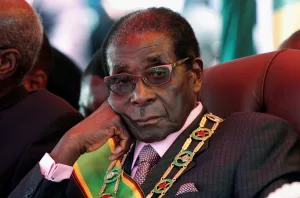The Top Ten Revolutionary Pan-African Leaders of Africa
Throughout history, Africa has produced some of the world’s most influential leaders who have dedicated their lives to the pan-African movement, a movement solely dedicated to uniting all people of African descent against colonialism, racism, as well as other forms of oppression.
In this list, we have listed the top ten revolutionary pan-african leaders of Africa, who are notable for their contributions to the continent and beyond.
- Kwame Nkruma
- Patrice Lumumba
- Jomo Kenyatta
- Muammar Gaddafi
- Haile Selassie
- Julius Nyerere
- Ahmed Sékou Touré
- Amílcar Cabral
- Thomas Sankara
- Robert Mugabe
Kwame Nkruma (September, 1909 — April, 1972)
Kwame Nkrumah is a Ghanaian politician and revolutionary who led Ghana to independence from British colonialism in 1957. A staunch advocate of Pan-Africanism, he played a key role in the creation of the Organization of African Unity (OAU) in 1963.
Even though Nkrumah achieved much during his time in power, he faced allegations of corruption and authoritarianism. A coup overthrew him in 1966, and he spent the rest of his life as an exile.
In spite of his controversial legacy, Nkrumah remains an important figure in African history, and his contribution to independence and pan-Africanism is celebrated today.
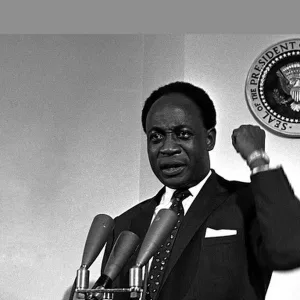
Patrice Lumumba ( July, 1925 — January 17, 1961 )
Patrice Lumumba was a Congolese independence leader and the first democratically elected Prime Minister of the Republic of the Congo. Lumumba played a crucial role in leading the Congo to independence from Belgian colonial rule in 1960. Lumumba’s tenure as Prime Minister was short-lived, as he was overthrown in a coup just months after taking office. Despite his brief time in power, Lumumba’s legacy as a champion of African independence and unity continues to inspire generations of Africans.
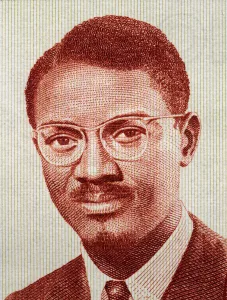
Jomo Kenyatta ( c. 1894 — August, 1978 )
Kenyatta was a prominent Kenyan nationalist and the father of the Republic of Kenya. He played a crucial role in leading Kenya to independence from British colonial rule and served as the country’s first president from 1964 until his death in 1978. Kenyatta was also a strong advocate of Pan-Africanism and worked to promote unity among African nations. Despite controversy surrounding his leadership, Kenyatta’s legacy remains an important part of Kenya’s history and his contributions to the country’s development are still celebrated today.
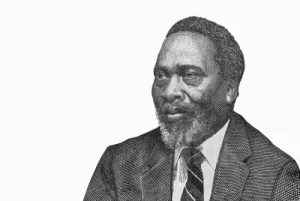
Muammar Gaddafi (1942 —October, 2011)
Muammar Gaddafi was a Libyan revolutionary and politician who ruled Libya for over four decades. He came to power in a military coup in 1969 and transformed Libya from a poor country to a wealthy one by nationalizing the oil industry. Consequently, Gaddafi was known for his Pan-Africanist views and advocacy for African unity. He supported anti-colonial and anti-imperialist movements throughout the world, providing financial and military aid to groups like the African National Congress in South Africa. However, his rule was marked by human rights abuses, suppression of dissent, and support for terrorist groups. Gaddafi was overthrown in 2011 during the Arab Spring and was later killed by rebels.
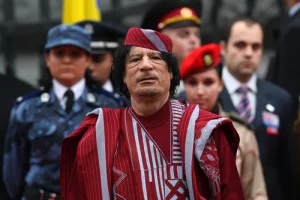
Haile Selassie ( July, 1892 — August, 1975 )
Haile Selassie was the Emperor of Ethiopia from 1930 to 1974. He played a critical role in modernizing Ethiopia and promoting Pan-Africanism. He was instrumental in establishing the Organization of African Unity, which aimed to promote African unity and cooperation. However, his rule was not without controversy, as he faced criticism for his suppression of dissent and authoritarianism. Despite this, Haile Selassie remains an important figure in Ethiopian history and is revered by many as a symbol of African independence and resistance against colonialism.
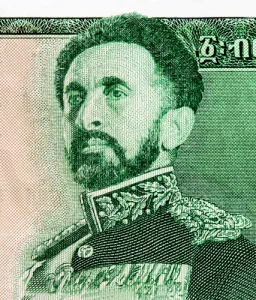
Julius Nyerere ( March, 1922 — October, 1999 )
Julius Kambarage Nyerere was a Tanzanian politician and statesman who was instrumental in leading his country to independence from British colonial rule in 1961. He served as Tanzania’s first president from 1964 to 1985 and is considered one of Africa’s most respected and visionary leaders.
Despite facing economic and political challenges during his tenure, Nyerere remained committed to his vision of African unity and was a vocal advocate for Pan-Africanism. In addition, he played a key role in establishing the Organization of African Unity (OAU) and was a leading voice in the fight against apartheid in South Africa.
Nyerere’s legacy continues to inspire generations of Tanzanians and Africans, and his ideas on social justice, equality, and community development remain relevant to this day. He passed away in 1999, but his vision of a united and prosperous Africa lives on.
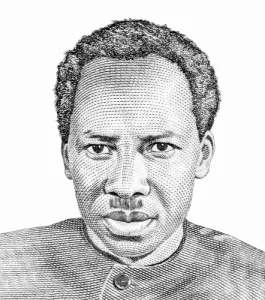
Also Read
Ahmed Sékou Touré (January, 1922 — March, 1984)
Ahmed Sékou Touré was the first President of Guinea, serving from 1958 until his death in 1984. Touré was a charismatic leader who inspired the people of Guinea with his vision of a united and self-reliant Africa. He also implemented policies that emphasized the importance of education, healthcare, and agriculture. However, his regime was also marked by authoritarianism, human rights abuses, and economic mismanagement. Despite these controversies, Touré remains a revered figure in Guinea and his legacy continues to inspire African leaders who seek to promote development and independence on the continent.
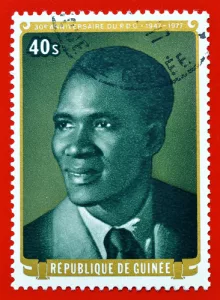
Amílcar Cabral ( September, 1924 — January, 1973 )
Amílcar Cabral was also a revolutionary leader, thinker, and politician who played a crucial role in the fight against colonialism and oppression in Guinea-Bissau and Cape Verde, this secures him a spot in The Top Ten Revolutionary Pan-African Leaders of Africa. Born in Guinea-Bissau in 1924, Cabral was a brilliant strategist and ideologue who led the African Party for the Independence of Guinea and Cape Verde (PAIGC) to victory against Portugal in 1973.
Cabral also argued that the struggle for independence was not just about political freedom but also about the liberation of the mind and the soul. Cabral was assassinated in 1973, but his legacy lives on as an inspiration to generations of Africans who continue to fight for justice, equality, and dignity.
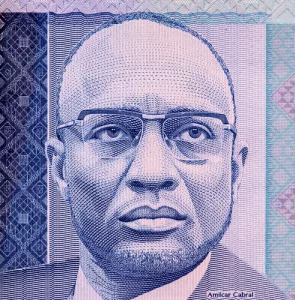
Thomas Sankara ( December, 1949 —October, 1987 )
Thomas Sankara was a revolutionary leader who served as the President of Burkina Faso from 1983 to 1987. He was known for his progressive and socialist policies, which aimed to promote the interests of the poor and marginalized in his country. Sankara was committed to the ideals of Pan-Africanism and sought to build a strong and self-reliant Burkina Faso. He wanted it to serve as a model for other African nations. However, his legacy was cut short when he was assassinated in a coup d’état in 1987. Despite his short time in power, Sankara remains a symbol of African self-determination and anti-imperialism. His ideas also continue to inspire social movements across the continent.
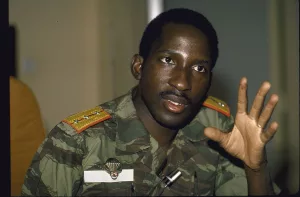
Robert Mugabe ( February, 1924 — September, 2019 )
Robert Mugabe was a Zimbabwean revolutionary and politician who served as the country’s first prime minister and later its president. Mugabe fought against white minority rule in Rhodesia (now Zimbabwe) and played a key role in the country’s transition to independence in 1980,this earns him a spot in The Top Ten Revolutionary Pan-African Leaders of Africa. He was also praised for his efforts to improve education and healthcare; but his rule became increasingly authoritarian and corrupt over time. Mugabe’s land reform policies, which saw white-owned farms seized and redistributed to black farmers. Mugabe’s human rights abuses and failure to address the country’s economic crisis led to his ousting in 2017. Despite his legacy being tarnished by his later years in power, Mugabe remains a complex figure in African history
